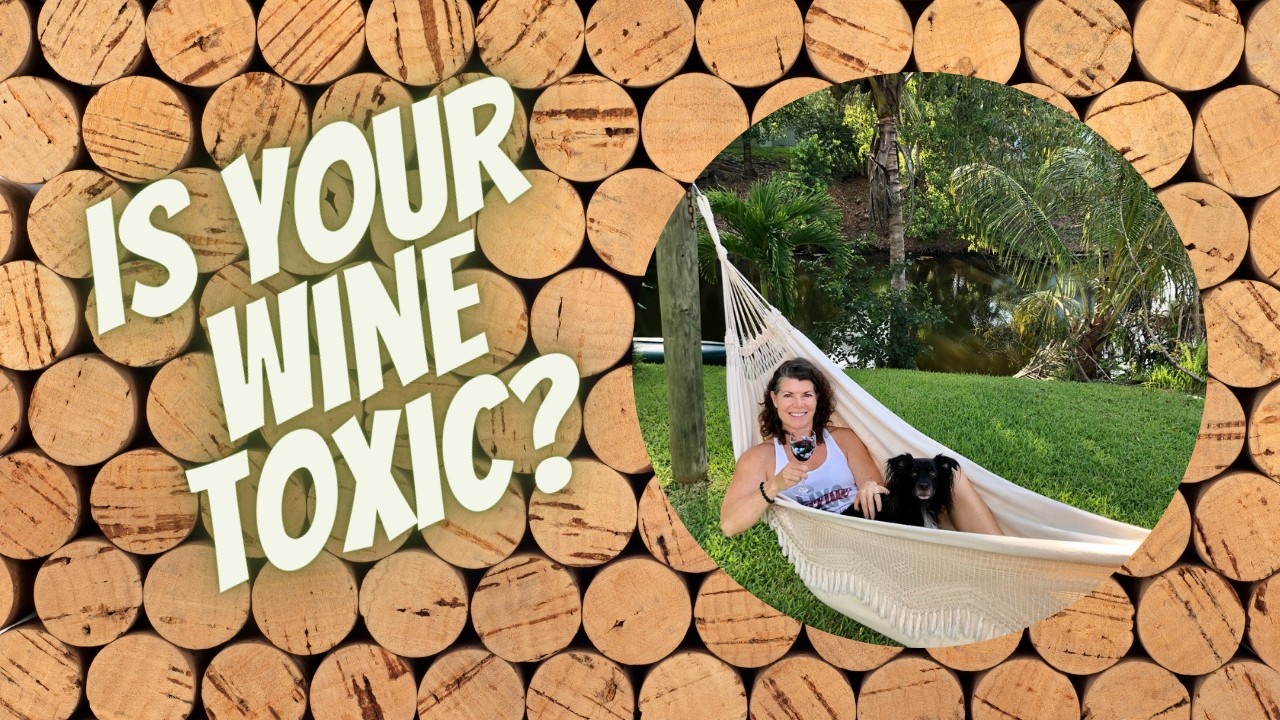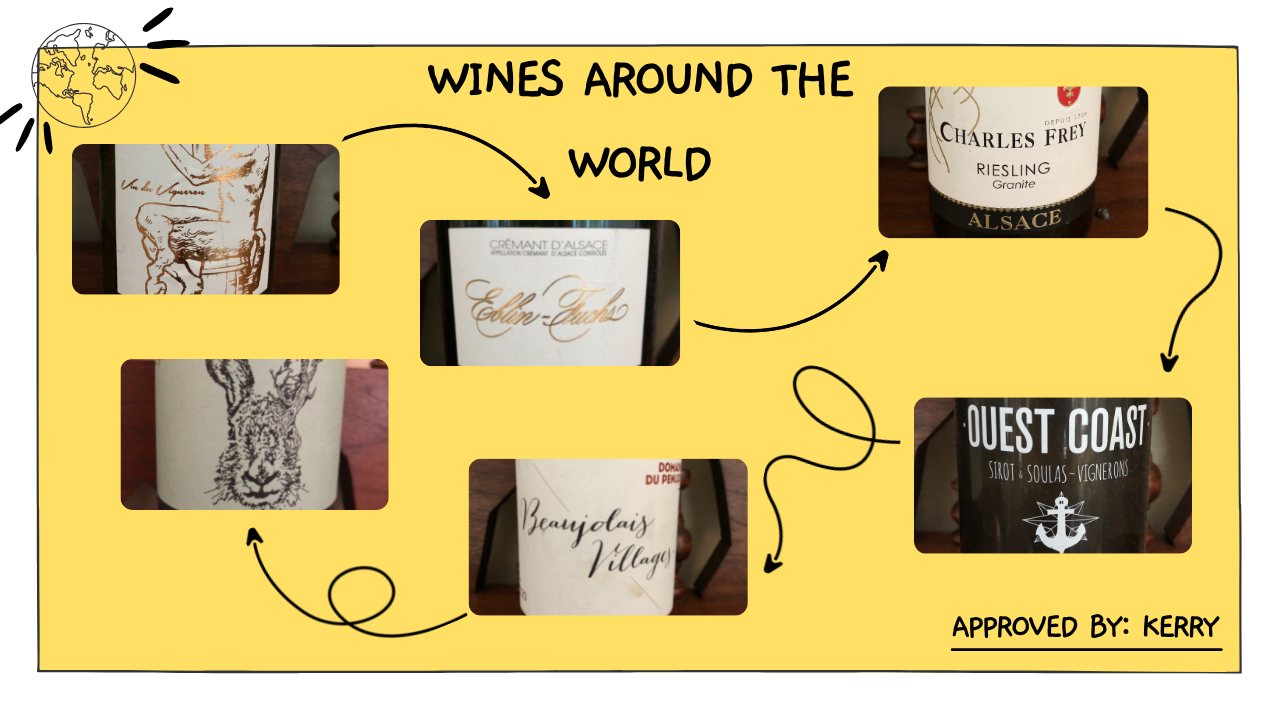Is your wine toxic?

Negative reactions are a hint: after consuming wine, people regularly feel headaches, hangovers, grogginess, and many other remnants. For me, it was the itchy, red bumps all over my back that would drive me crazy. I thought I had to give up wine forever. I am so glad that I was wrong!
Turns out, not all wines are bad for you.
In fact, research shows moderate consumption of wine can increase longevity, improve cognitive and heart health, and reduce inflammation.
Plus, moderate daily alcohol consumption is a cultural staple in almost every Blue Zone -- the regions of the world where people live the longest and healthiest lives.
So, what makes a wine toxic?
Here is a short list of things you should know about in most wines sold in the USA:
- They are manufactured, mass produced products
- They contain chemical additives approved by the FDA
- They contain high levels of sugar and alcohol
- They are industrially farmed and heavily irrigated
Since the 1990s, wine demand has risen to new heights. Wine companies responded by increasing production and reducing cost.
The only way to do this effectively is through industrial means.
First, grapes are farmed with herbicides, pesticides, fungicides, and all means of machinery to obtain the most crop from vineyards. Vines are replanted every 10-15 years to maximize yield, and irrigation is heavily used to pump the grapes full of water.
Then, wines are filled with government-approved additives to create a certain sellable wine style. Thickeners, dyes, flavor agents - there are over 70 additives approved by the FDA for use in winemaking.
(By the way, since wine companies have lobbied with millions of dollars to keep contents labelling off wine bottles, they are not required to disclose the additives they use.) What?!
Heavy doses of sulfites are also used to sterilize the wine and keep a consistent shelf product. Plus, many wines sold today have high levels of sugar because that caters to the American palate, which prefers sweet products. And, to top it all off, alcohol levels in wine have been rising since the 1990s. Wine companies use marketing tactics to sell high alcohol as more premium.
As you can see, wine is following the trend of all food and agriculture: corporations are consolidating through industrial practices and adopting a profit-first mindset. In fact, 3 giant wine companies are responsible for over 50% of US wine sales.
Unfortunately, this is the state of most wines today.
Thankfully, there are exceptions. They’re called Natural Wines, and they are farmed and made without chemicals or common industrial practices. When I travelled around the world I visited some local vineyards, and I always enjoyed them.
Because they’re made in small quantities by family farmers, they are very hard to find in the USA. Most of these farmers live in Europe, growing wine like their ancestors.
Enter Dry Farm Wines, the premier global purveyor of this type of wine.
Founded by Todd White, serial entrepreneur, biohacker, and wine enthusiast, Dry Farm Wines revolutionized the wine world.
Originally, Todd wanted a better way to drink. Since he was following a paleo and ketogenic lifestyle, he needed a way to quantify his wine. What was in it? Where was it sourced?
Dry Farm Wines developed a rigorous set of criteria to find the highest quality wines that were good for the planet and for the human body. There are only a few hundred wine growers in the world who meet these standards, but it ensures the purest product.
The list of criteria is huge, but here is an idea:
- Organically farmed. No pesticides, herbicides, or other harmful chemicals
- No industrial additives. No thickeners, dyes, or taste modifiers
- No sugar. All wines contain less than 1g/L of total sugar (yes, it’s possible!)
- Lower alcohol. All wines are less than 12.5% alcohol
- Lower sulfites. All wines are less than 75 parts per million sulfur
- Only wild yeasts. No lab made or GMO yeasts
- No irrigation. No man made water sources; only natural rainfall
Plus, every wine is lab tested by a third party enologist to ensure they meet the health metrics.
You can immediately taste the difference: a wine from Dry Farm Wines is vibrant, fresh, and easy to drink. It’s full of life.
Many leading authorities and best selling authors agree. Mark Sisson of Primal Blueprint, Dave Asprey of Bulletproof, JJ Virgin of The Virgin Diet, Katie Spears (aka, “Wellness Mama”), Ben Greenfield, and many more all endorse Dry Farm Wines.
If you drink wine, I think you will enjoy this new approach.
Dry Farm Wines is offering our audience an extra bottle for just $0.01 with your first order.
Check it out, and cheers to your future evenings: dryfarmwines.com/repsbykerry
P.S. I have personally tried their reds, whites and sparkling wines. I love them all! And guess what?, no more bumps!!

